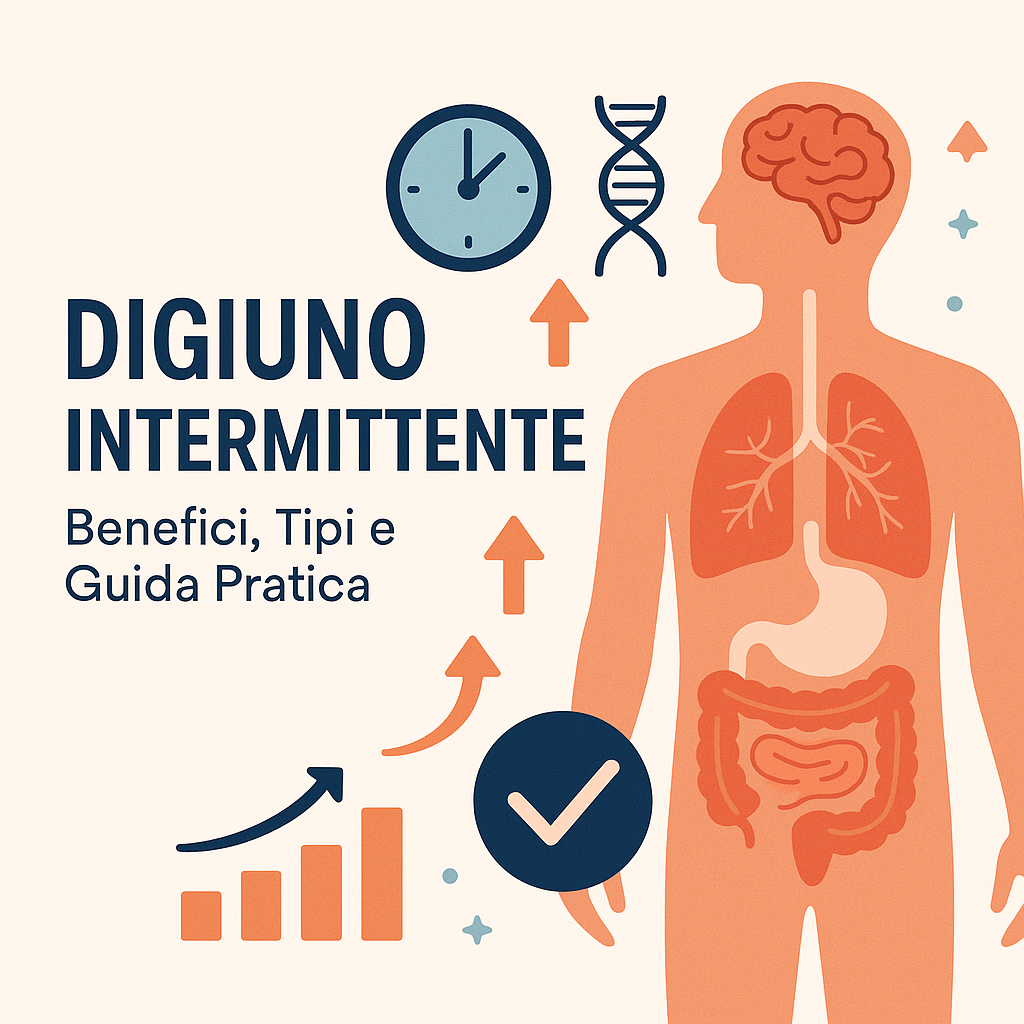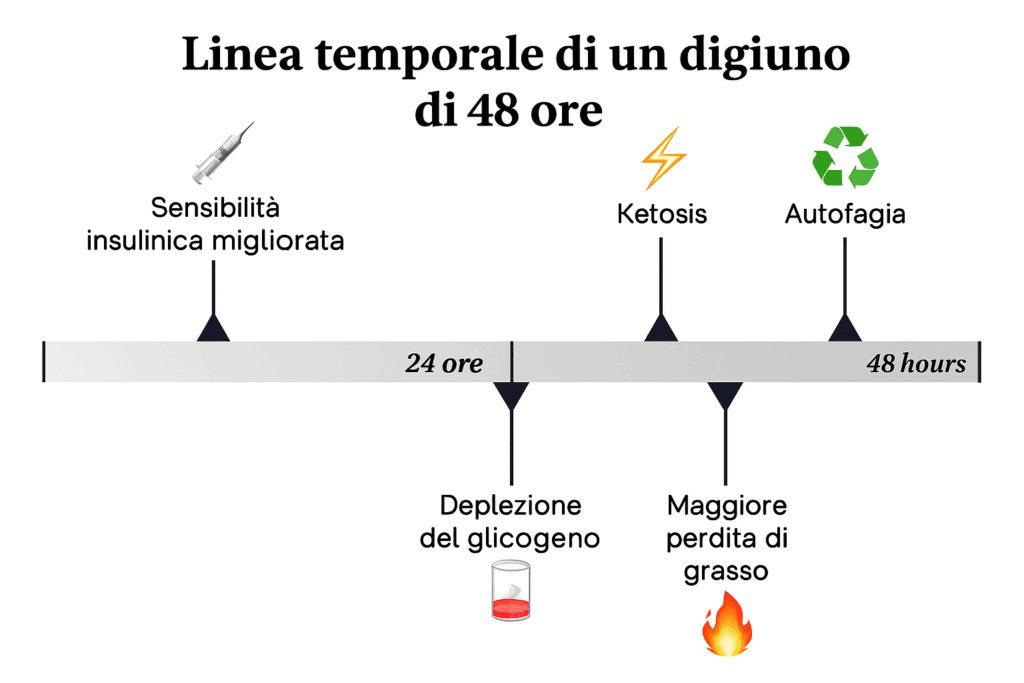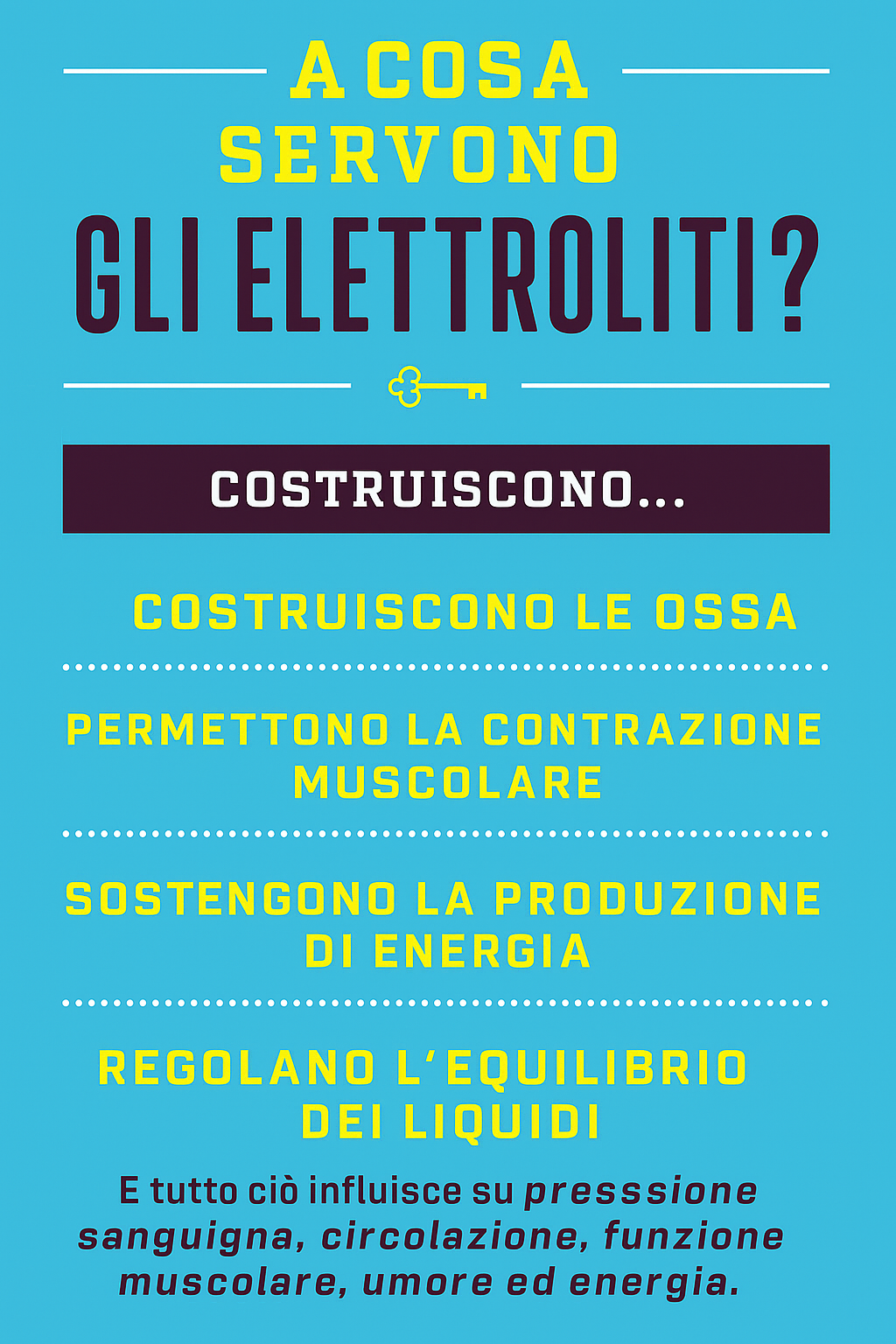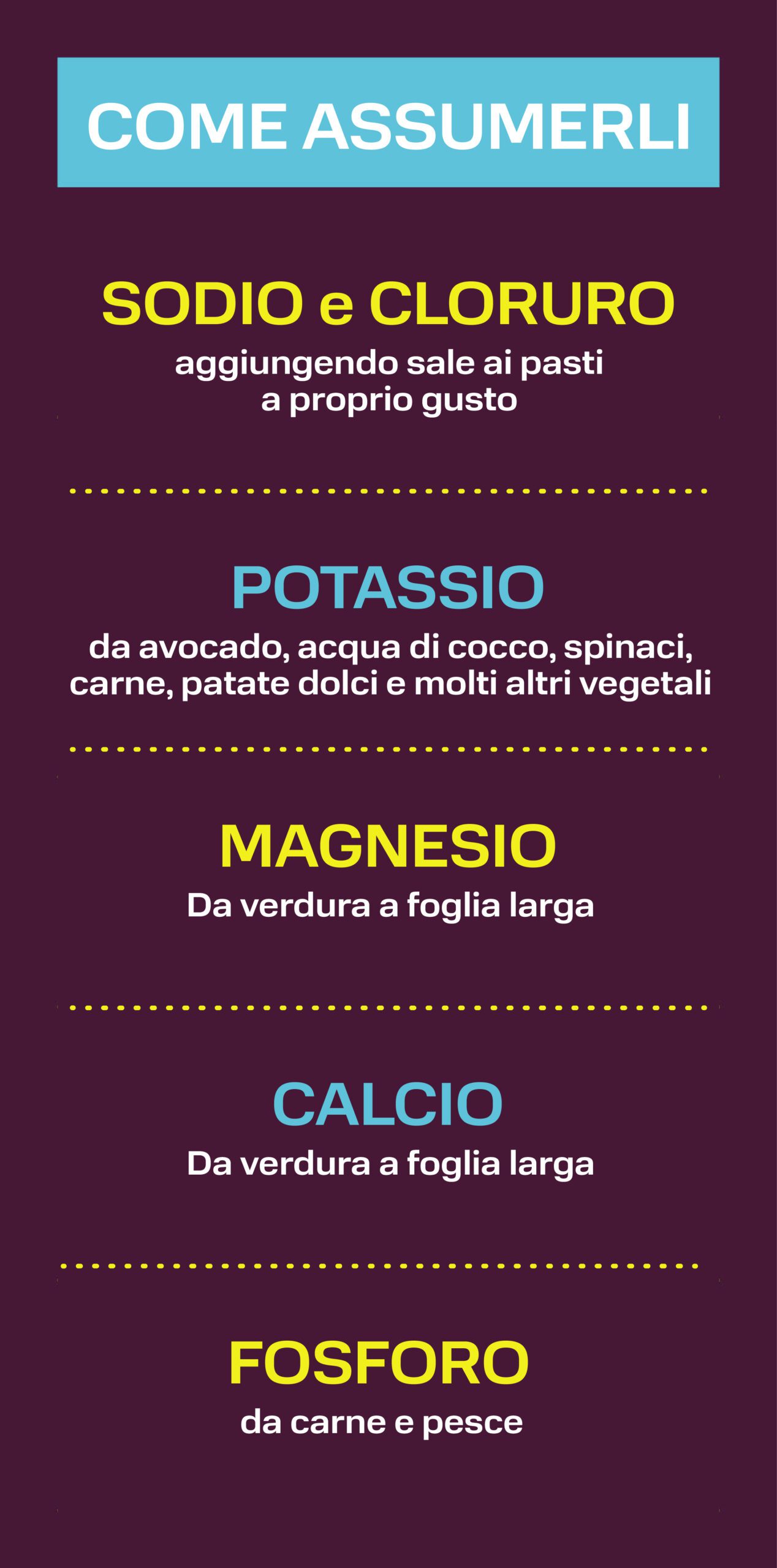
Find out now what the intermittent fasting, how to get started safely, its scientific benefits, and how to support the body with the right supplements.
The intermittent fasting is not a fad. It is a powerful tool for improving metabolic health, lowering inflammation, and giving the body a chance to regenerate.
I use it personally and talk about it often with my patients, because it is One of the most effective ways to restore balance, mental clarity and lasting well-being.
What is intermittent fasting?
Intermittent fasting is a dietary approach that alternates periods of eating with periods of abstinence from food.
During fasting, the body stops receiving energy from the outside and activates a number of internal processes Overtime:
-
🔻 Reduction of insulin
-
🔥 Activation of lipolysis (fat burning)
-
🧽 Cellular autophagy: cells begin to eliminate toxins and residues
👉 It is as if the body "turns on repair mode."
The 3 main types of fasting
1. Intermittent fasting 16:8
-
You eat in an 8-hour window (e.g., 12:00 to 8:00 p.m.)
-
You fast for the remaining 16 hours
-
Ideal for getting started
2. 24-hour fasting
-
Dinner → fasting → dinner the next day
-
Good for "resetting" metabolism
3. Prolonged fasting (48-72 hours)
-
To be performed carefully and only occasionally
-
Profound activation of autophagy, cognitive improvement and reduction of inflammation
The benefits of fasting (confirmed by science)
💡 Practicing fasting on a regular basis can bring numerous benefits:
-
🔄 Intestinal and digestive reset.
-
🔥 Reduction of chronic inflammation.
-
💓 Lowering of blood pressure.
-
🧠 Increased mental clarity and concentration
-
⚖️ Loss of fat mass while maintaining muscle
-
💡 Improved insulin sensitivity
-
🌱 Stem cell stimulation (prolonged fasting).
What to eat before fasting
To prepare the body well for a fast:
🥑 Recommended foods:
-
Eggs
-
Meat
- Fish
-
Avocado
-
Bone broth
-
Steamed vegetables
-
Fermented foods (kimchi, sauerkraut)
- Animal fats
-
Extra virgin olive oil
-
Water with whole grain salt
🚫 Avoid sugar, alcohol and refined vegetable oils (such as sunflower, corn, canola or soybean)
How to start a 16:8 fast
-
Ends the dinner by 8 p.m.
-
Skip breakfast next day
-
It consumes the first meal at noon
-
Drink Water, tea or black coffee during fasting
-
Starts with. 3-5 days a week
How to do a 24-hour fast
-
Make a dinner full of protein and fat
-
Don't eat more nothing after dinner
-
Fasting Until the same time the following day
-
Hydrate abundantly
-
Add whole-wheat water salt, if necessary
Fasting 48-72 hours: how to do it safely
-
Clean feeding in the previous 2 days
-
Avoid sugars, alcohol and vegetable oils
-
Start after a light dinner
-
Stay active during the day
-
Integra electrolytes: sodium, magnesium, potassium
How to manage hunger during fasting
-
💧 Water With whole sea salt or electrolytes
-
☕ Coffee black or green tea
-
🧼 Brush your teeth Or chew sugar-free mint chewing gum.
-
🚶♀️ Stroll or do light exercise
-
🚿 Make a hot shower to relax
How to break the fast properly
Warning: Breaking a fast badly can negate the benefits gained.
After a fast 16:8
-
Starts with. protein + fat (e.g., eggs or fish broth with a side of vegetables)
-
Evita sugars and refined carbohydrates
-
Eat slowly
After a 24-hour fast
-
Light first meal: broth or vegetable soup
-
Then a meal with light protein (eggs, fish, chicken)
-
Evita binges and starches
After fasting for 48-72 hours.
-
First meal (small): bone broth, steamed vegetables, fermented
-
After 2-3 hours: protein + fat (meat, fish, avocado)
The importance of electrolytes during fasting
Much of the fatigue or discomfort during a fast is due to the loss of electrolytes.
🔋 Be sure to integrate:
-
Sodium
-
Potassium
-
Magnesium
💡 I recommend MagBalance and does MultiMag As a targeted and well-tolerated support.
🎁 For you who follow me: -20% off with code TOPLIFE
Who can benefit most from fasting
-
People in overweight or with visceral accumulation
-
Who has insulin resistance o unstable blood sugar
-
Those who suffer from mental fatigue (brain fog)
-
Who lives one inflammatory state chronic
-
Those who have little time and want to simplify meals
Conclusion
Fasting is a powerful tool, but it must be addressed with awareness. Start gradually, listen to your body, and remember. how you break the fast is as important as the fast itself.
If you have any doubts or special conditions, always consult with a professional.
Post loosely based on @Peaklab_'s thread.



